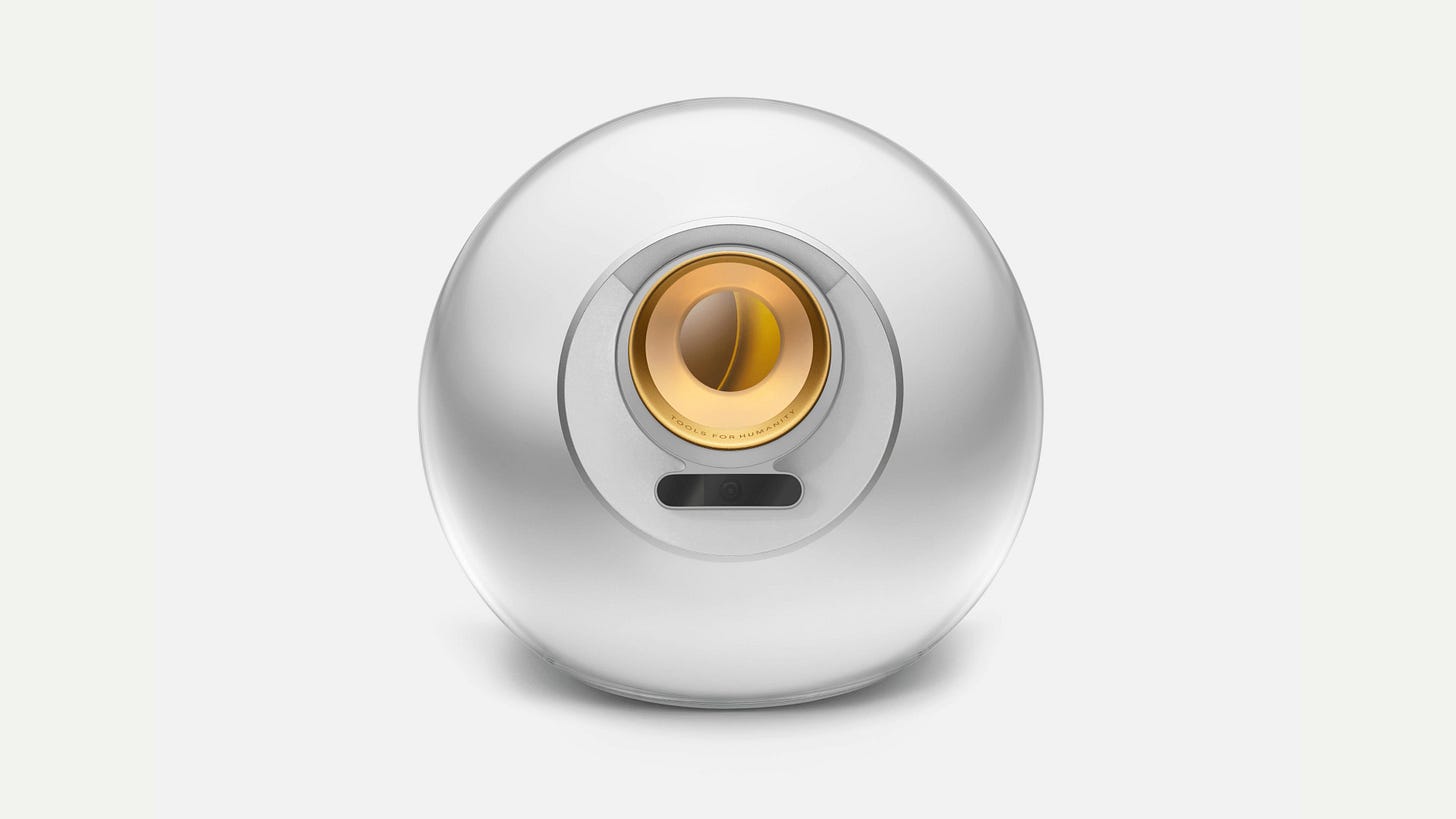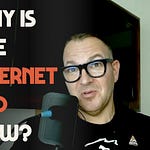One of the biggest long-term problems that will result from AI is the inability to tell reality from siliconized fiction. Typically when people talk about this sort of stuff, they mean deepfakes or misinformation—an image, video, or essay that spews out lies.
That problem is real, but is one that is not all that new. Misinformation has been around since we invented the printing press. Instead, what I’m personally more concerned about is the inability to tell human and robotic identity apart. Large language models are remarkably good at manipulating people’s emotions and convincing people to change their opinions on topics. In the very, very near future, the internet will be filled with intelligent AI agents that are taking actions on some human’s request. Those actions could be innocuous stuff like booking a flight or it could be about deploying a bot swarm on social media to try to sway people’s votes.
The worse problem is that we have no good answer. We are hurtling towards a future where you can’t tell who’s real online and there isn’t a ton we can do about it. Our current solutions—whether we certify someone is human through little puzzles, texts to their phone, or photo verification of their driver’s license—are relatively easy to fake.
One startup, cofounded by Sam Altman, thinks the answer is that we all need to get a picture taken by an orb.
That camera’s picture will be used as “proof of human” and from there, issue you a cryptocurrency that you can use to move through the internet. Whether that’s genius or dystopia depends on your tolerance for irony—the world’s most prominent AI builder trying to save us from the problems AI created feels a bit like the drug dealer running the rehab.
Still, this might be the best shot we have. So when Tools for Humanity—the team behind Worldcoin—asked to come on the pod, I figured it was worth hearing them out.
In this episode, I talk to Adrian Ludwig, their Chief Architect. I press him hard on the technical and ethical holes in their plan—and to his credit, he doesn’t flinch. If you want to understand whether scanning eyeballs into orbs is our salvation or our surrender, this conversation will give you what you need to decide.











